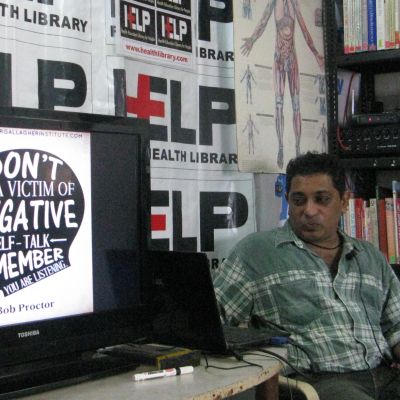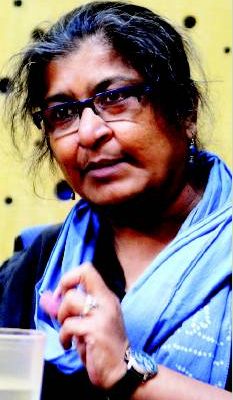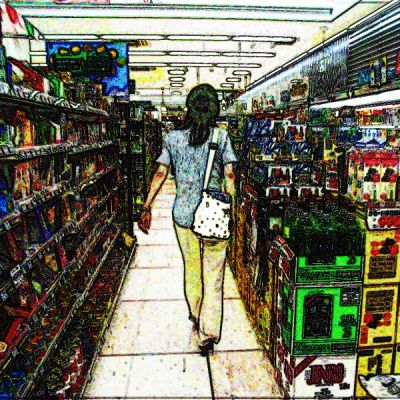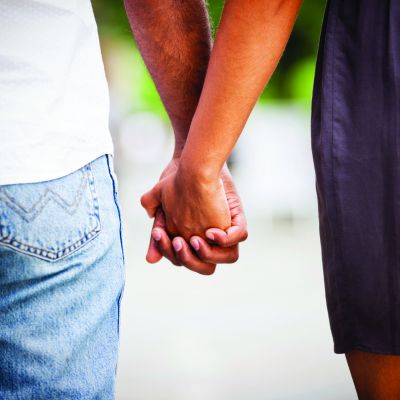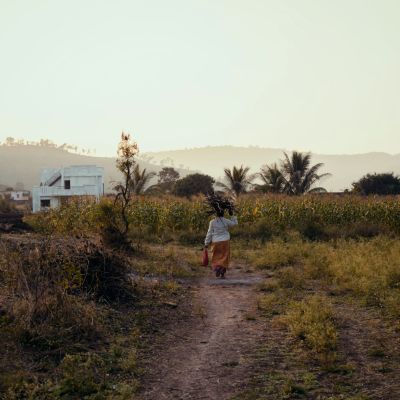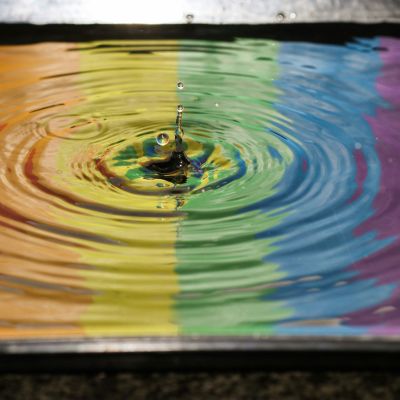Voices
For I was a woman / Taught to chain herself gracefully / In an invisible cage.
I run an NGO called AASRA, a 24×7 crisis intervention center for the depressed and suicidal. Day in and day…
Standing behind the camera, with a microphone in one hand, I have felt this power imbalance first hand. The camera may humanise the person in front of it more than a text analysis would, but the modes of production remain in someone else’s hands.
As I began to read about feminist methodology in academic research, it felt like I finally found words to articulate my experience. Feminist methodology addresses problems in traditional forms of scientific and social research, such as giving high regard to objectivity and rationality, and the power equation in the researcher-subject relationship.
The use of terms that convert the movement for women’s empowerment into extreme militancy in order to reject the movement altogether is indeed a sombre example of diverting attention from the real problems that exist in society and projecting women’s protests against sexual crimes or standing up for their rights as one of “mob lynchings” or wrongly adducing the news of repealing “Adultery” as a move that allows women to have sexual relations outside of marriage.
Chayanika Shah [1] in conversation with Vivek Vellanki Vivek Vellanki: You did your PhD in Physics from IIT in the 1980s,…
“Large will not fit you.” / She is scoping me, up and down, eyes / Flicking fast and darting away / From the roundness of my breasts / To the happy jiggle of my thighs.
“Large will not fit you.” / She is scoping me, up and down, eyes / Flicking fast and darting away…“Try extra-large instead.”
I am a feminist, sex-positive and LGBT affirmative Clinical Psychologist. Having that openly and publicly stated means that my clients feel very safe discussing some of the more taboo topics, especially ones that we are made to feel ashamed of. One of these is the topic of the rape fantasy.
“At the same time, eroticism in the home requires active engagement and willful intent. It is an ongoing resistance to…
Frontline workers, often recruited from the communities organisations work with, face heightened risks to their health, safety, and wellbeing as their work extends beyond the walls of an office.
From my experiences, I find that diversity is not an end unto itself. Instead, it is a tool for reflection, a mirror that shows not only who we, and the society we live in, are in the present, but what we aspire to be in the future.
Everyone talks about how nobody can put a price on how much homemakers do for us, but nobody talks about the kind of behaviour they are subjected to almost every day.
To queer something is to disrupt normative frameworks, to imagine and create new modes of being (Pirani & Daskalopoulou, 2022)….



